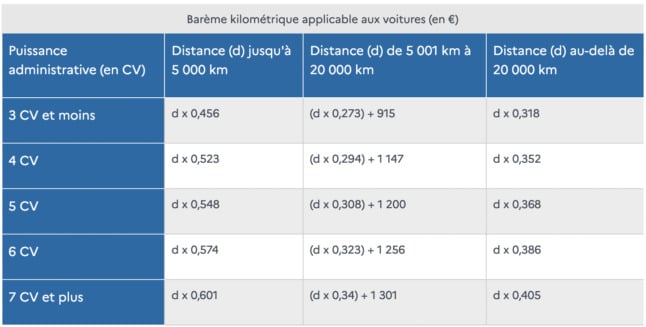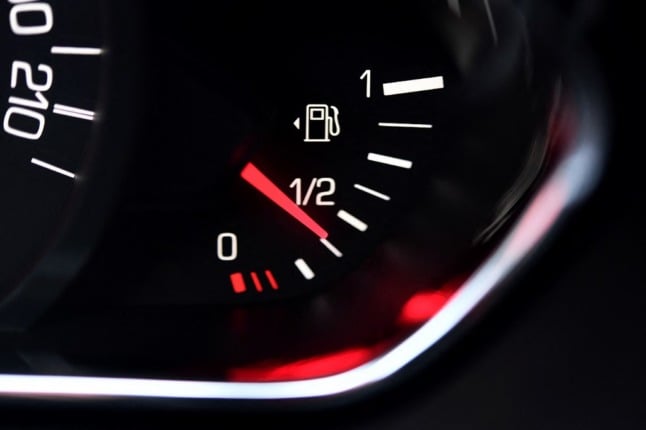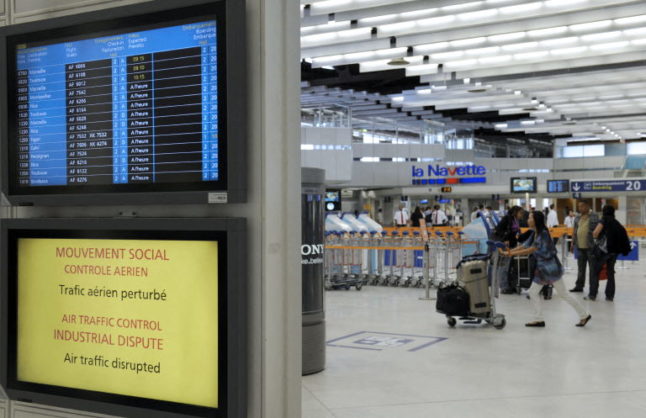French Prime Minister Jean Castex said on Tuesday that the government will seek to increase the amount of that drivers can reimbursed for work-related travel.
Under a scheme known as the indemnité kilométrique, drivers who travel for work can deduct a certain amount from their taxable income in their tax return each year. To benefit, drivers need to renounce their right to a système forfaitaire de base in which 10 percent of their transport costs are automatically deducted from the tax bill.
The indemnité kilométrique option is most cost effective if you drive a long distance as part of your work each year – the policy jargon for this kind of person is a gros rouleur.
The amount paid out via the indemnité kilométrique scheme is calculated taking various factors into account including distance and the type of engine used. A minority of French households, some 2.5 million people, currently benefit from this scheme.
The money can be used to pay off insurance, fuel and maintenance costs. It applies to car and motorbike drivers. The current amount paid out to car drivers is detailed below:

According to current guidelines, someone travelling 4,000km per year in a car with a six horsepower engine would be eligible for reimbursement worth €2,296 (4,000km x 0.574). If you use an electric vehicle, this amount would increase by a further 20 percent.
To see how much money you could save using the indemnité kilométrique scheme, you can use this simulator.
The government wants to increase the amount paid out by 10 percent to help offset rising fuel costs. The move will cost the French state some €400 million.
“The effect will be fast and direct as soon as the income tax declarations for 2021 are made,” tweeted Castex.
The prime minister told the Assemblée nationale on Tuesday that the measure targeted “our citizens that drive a lot, those for whom vehicles are, at the end of the day, necessary for working or looking for jobs,” citing nurses in rural areas as an example.
He said the decision to increase compensation would be made official by a decree this week.
Employer payments
Employees in France are entitled to other forms of reimbursement too.
Full-time workers in the private sector have the right to ask their employer for 50 percent of public transport costs (second-class, shortest journey) to be reimbursed. The same goes for workers in the public sector.
You are also entitled to have public transport costs reimbursed if you are a part-time worker or intern in France – although the amount depends on how many hours you work per week.
Reimbursement for public transport costs from your employer can only cover transport subscriptions (such as a Navigo pass) – not individual journeys.
You can also apply to have personal vehicle costs reimbursed by your employer if your company has a collective agreement between the management and unions.
If this is the case, you may be eligible for reimbursement if:
- You live outside of Ile-de-France and in an area not covered by public transport
- Or you work hours during which public transport doesn’t function
Public sector workers can have €100-200 in personal vehicle costs covered by their employer every year.



 Please whitelist us to continue reading.
Please whitelist us to continue reading.
Just reduce the tax on fuel so everyone benefits instead of all this fudging about.